- Home
Page 5
Page 5
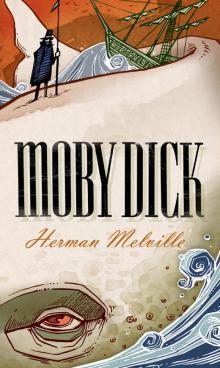 Moby Dick; Or, The Whale
Moby Dick; Or, The Whale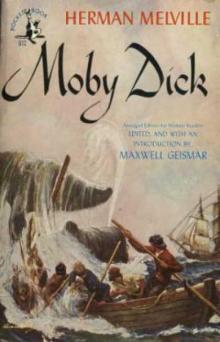 Moby Dick
Moby Dick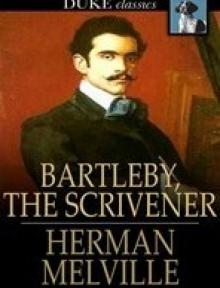 Benito Cereno and Bartleby the Scrivener
Benito Cereno and Bartleby the Scrivener Israel Potter: His Fifty Years of Exile (Annotated Edition)
Israel Potter: His Fifty Years of Exile (Annotated Edition) Billy Budd and the Piazza Tales
Billy Budd and the Piazza Tales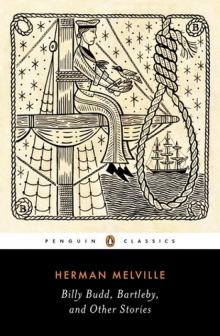 Billy Budd, Bartleby, and Other Stories
Billy Budd, Bartleby, and Other Stories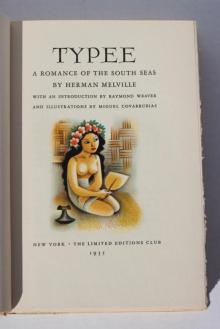 Typee: A Romance of the South Seas
Typee: A Romance of the South Seas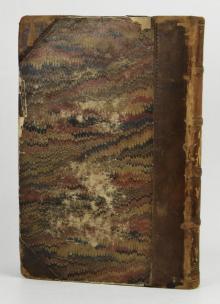 Omoo: Adventures in the South Seas
Omoo: Adventures in the South Seas White Jacket; Or, The World on a Man-of-War
White Jacket; Or, The World on a Man-of-War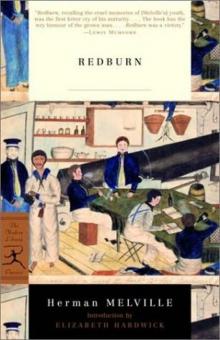 Redburn. His First Voyage
Redburn. His First Voyage Mardi: and A Voyage Thither, Vol. II
Mardi: and A Voyage Thither, Vol. II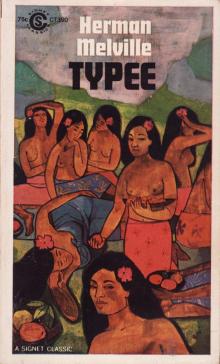 Typee
Typee The Paradise of Bachelors and the Tartarus of Maids
The Paradise of Bachelors and the Tartarus of Maids Herman Melville- Complete Poems
Herman Melville- Complete Poems Bartleby and Benito Cereno
Bartleby and Benito Cereno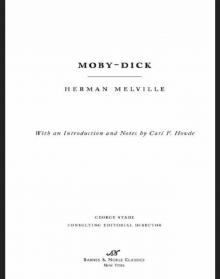 Moby-Dick (Barnes & Noble Classics Series)
Moby-Dick (Barnes & Noble Classics Series) Mardi and a Voyage Thither
Mardi and a Voyage Thither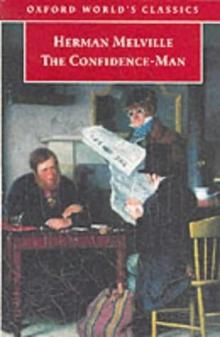 The Confidence-Man
The Confidence-Man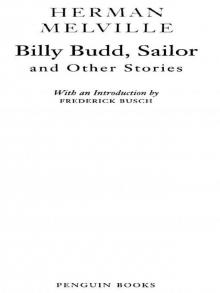 Billy Budd and Other Stories
Billy Budd and Other Stories Bartleby the Scrivener
Bartleby the Scrivener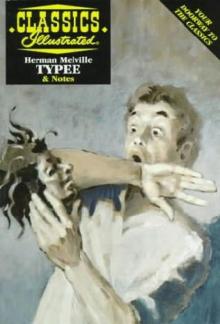 Typee: A Romance of the South Sea
Typee: A Romance of the South Sea I and My Chimney
I and My Chimney Billy Budd
Billy Budd Pierre, Or the Ambiguities
Pierre, Or the Ambiguities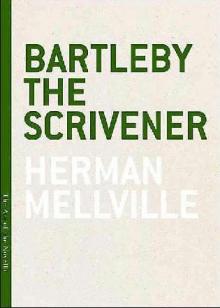 Bartleby, The Scrivener A Story of Wall-Street
Bartleby, The Scrivener A Story of Wall-Street Four Great American Classics
Four Great American Classics White Jacket or, The World on a Man-of-War
White Jacket or, The World on a Man-of-War The Piazza Tales
The Piazza Tales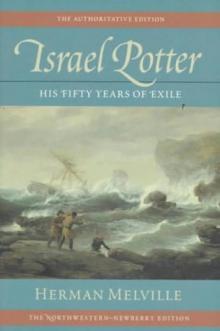 Israel Potter. Fifty Years of Exile
Israel Potter. Fifty Years of Exile